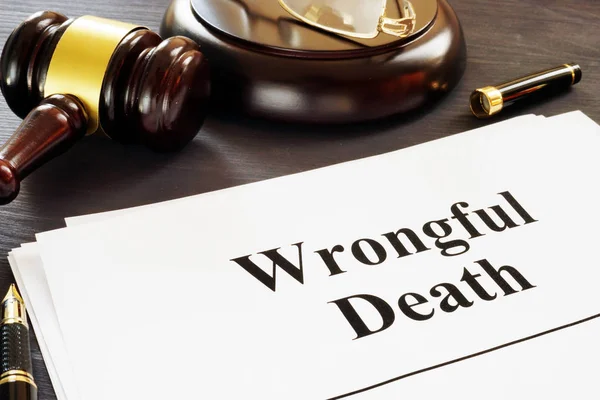Is There a Statute of Limitations on a Wrongful Death Suit?

Wrongful death is when a person dies as a result of someone else’s negligence or intentional actions. The loved ones of the victim have a right to file for compensation to cover their financial losses and to account for the emotional distress they’ve suffered. States have varying rules on how they handle wrongful death suits, but every state’s rules include something called a statute of limitations. Let’s discuss the specifics in a little more detail.
What is a statute of limitations?
In the plainest terms, a statute of limitations is a time limit for filing a claim. In other words, if a family wants to seek compensation for the wrongful death of their loved one, they need to start those proceedings within a specific amount of time. If they don’t, they might lose the right to make their claim, and their case could be dismissed.
What is the statute of limitations in Maryland? Are there any exceptions?
The statute of limitations for wrongful death in Maryland is three years, which is a fairly standard period of time for these types of cases. However, there are some exceptions to the three-year rule. One is called the “discovery rule,” which basically starts the clock when the cause of death is discovered (or should have been discovered), rather than when it actually happened. For example, let’s say someone dies as a result of a medical error. In this case, the statute of limitations might begin when the family becomes aware of the medical error, which may not have been apparent to them at the time of the loved one’s death.
The statute of limitations could also potentially be increased if the victim’s estate hasn’t been set up yet, or if new evidence is found that supports the case for compensation (maybe the defendant hid information that would further incriminate them). There are also some special provisions for wrongful death cases including a minor child. An experienced attorney with deep knowledge of these types of cases will be able to explain the distinctions in more detail to you, if you have questions.
Why is there a statute of limitations?
The main reason for having a statute of limitations in a wrongful death case (and in many other cases) is to ensure that disputes are resolved in a timely manner. Not only does this keep the courts running more smoothly, but it helps to make sure that evidence is still fresh and that witness testimony (if there is any) is reliable.
Bear in mind, too, that the legal process can take a while. Having a statute of limitations in place effectively forces people to start their claims sooner rather than later, which in turn gives them more time to gather and organize everything they need.
Considering the many ins and outs of the legal system, your smartest move is to get in touch with a lawyer who can help you understand your rights and help you develop a case for receiving the compensation you and your family deserve.
If your loved one has died as a result of someone else’s negligence or misconduct, contact the Law Offices of Nicholas Parr in Baltimore, MD today to schedule your free consultation. We don’t receive a fee unless we win.









